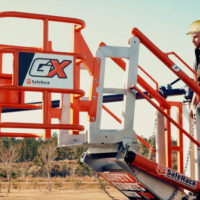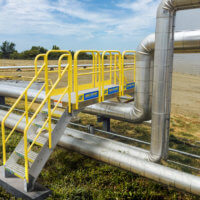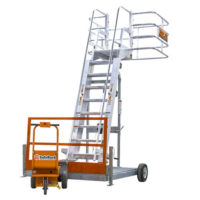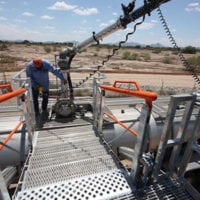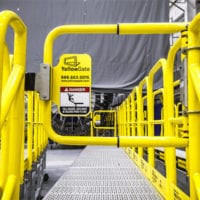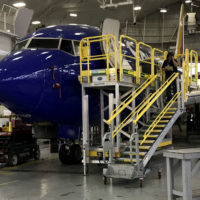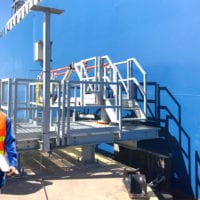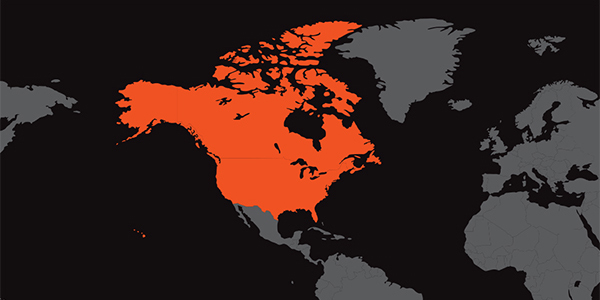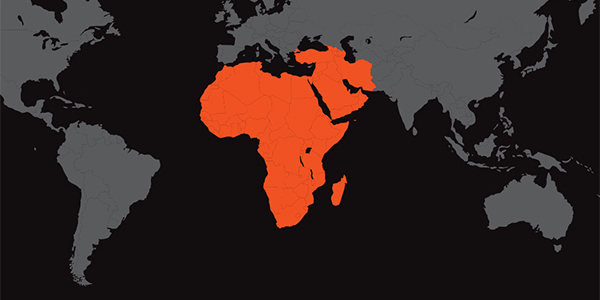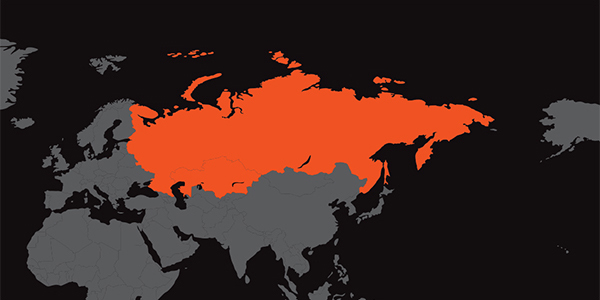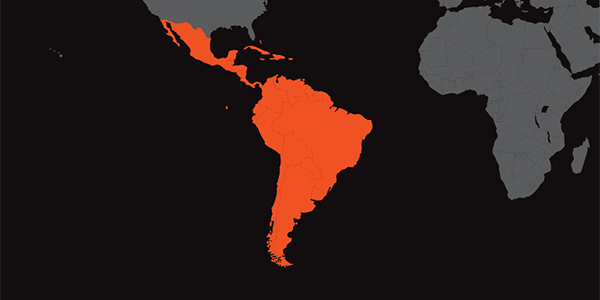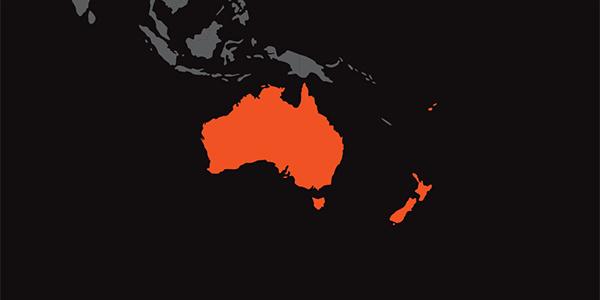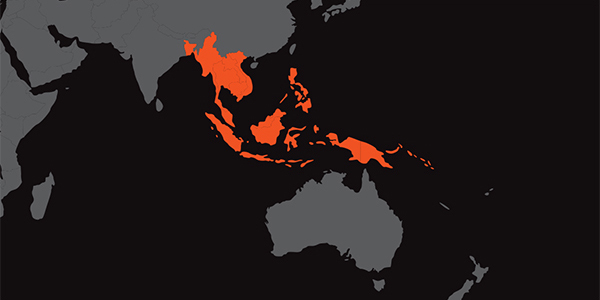How to manage liquid transfer amid growing demand
By Graeme Murphy, VP Strategy and Business Development
Crude oil isn’t the only oil transferred via truck and rail across our country. Over the last decade, the production of edible oils and fats has grown more than 45 percent — which means, so has the volume being transferred from refinery to market.
• Coconut oil
• Corn oil
• Cottonseed oil
• Olive oil
• Palm oil
• Peanut oil
• Rapeseed/Canola oil
• Safflower oil
• Sesame oil
• Soybean oil
• Sunflower oil
Edible oils are the types of oils used in food — both for cooking (like canola and olive oils) and as supplements (like flaxseed oil). Aside from food, edible oils may also be used in oil painting, wood finishing, and skincare.
In particular, the production of oils derived from palm, soybean, rapeseed, and sunflower seed has increased more than 60 percent in the past decade. These types have also accounted for more than 90 percent of the total global output of oils and fats.
And it is estimated that by the end of 2016, the global production of edible oils is expected to be over 180 million metric tons. With such a hugely growing commodity, the means for getting edible oils from refinery to its demanding consumer base needs to be seamless and efficient.
Pressure at the Loading Platform
The biggest risk factor when transporting refined oils and fats is exposure to oxygen. Contact can and will cause changes to the product that can impact its quality. And this risk is never more prevalent than when loading the refined oil or fat into a tanker for bulk transfer to or from a plant.
Another risk at this point of transfer is contamination. Since the product is destined for human consumption, avoiding potential contamination is of utmost concern — especially when looking at your loading equipment design.
There are specific types of loading features that need to be in place in order to maintain product quality. Typically the road/rail tankers and ISO tank containers used to transport edible oils are constructed out of stainless steel and equipped with an internal heating system. The vessels are then loaded from the top of the tank either through a loading arm fitted with a telescopic drop-pipe or through a fixed connection with an internal pipe leading to the bottom of the tank. This technique prevents any aeration, which would expose the refined oil to oxygen (a no-no). Additionally, the cleaning and draining of the tanker and all of the pipework are essential.
Depending on the product handled and your specific application, the type and configuration of the loading arm design will vary. But typically, you’d want to consider implementing the following features:
- Boom-style loading arm
- Top inlet, self-draining
- Stainless steel construction for refined oils. Conversely, crude or semi-refined oils can use carbon steel arms.
- Food-grade swivel seals/swivel seals for refined oils. Conversely, standard seals are used for crude or semi-refined oils.
- Long-radius elbows for improved cleaning
- Clean coupler, if required
- Emergency overfill prevention
In addition, be sure to look closely at the platform and access gangway design to make sure that the loading arm, gangway, and vessel being loading all work together efficiently and with minimal downtime. With edible oils and most products, it’s always about an integrated solution.
For these reasons, plant and operations managers choose turnkey solution providers like SafeRack — a company that places a high priority on safe, efficient equipment that matches your specific application. Our industry experts come visit your plant in person to identify potential problem areas and then design out a solution that works for you.
And it doesn’t end there: We offer installation, commissioning, training, upgrades, and annual maintenance inspections to ensure the long-term success of your solution.
Whether you’re transporting canola oil or crude oil, we can match you with all the equipment you need, including loading arms, access gangways, overfill and grounding solutions, safety gates, spill containment, and more.
Talk to our experts at 866-761-7225 or online to learn more.



